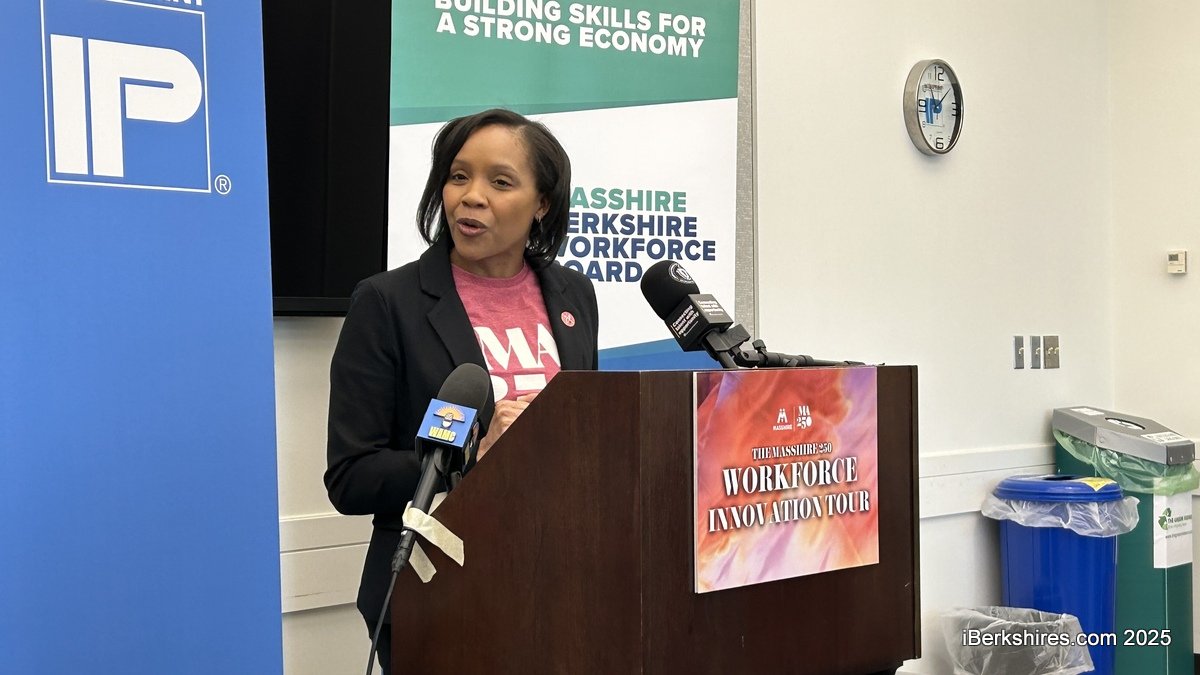Mass Receives Federal Funding to Expand Digital Access
BOSTON — The Biden-Harris Administration and the Department of Commerce's National Telecommunications and Information Administration (NTIA) announced that Massachusetts had been allocated $14.1 million from the State Digital Equity Capacity Grant Program, an "Internet for All" initiative designed to give individuals and communities the tools, skills and opportunities they need for meaningful access to high-speed Internet service.
The new program will allow Massachusetts to implement the programs outlined in the state's Digital Equity Plan, which was formally approved by the NTIA on March 26.
"We thank the Biden-Harris administration for launching this important effort to help us close the digital divide once and for all," said Governor Maura Healey. "Massachusetts is proud to partner with the White House to address the core challenges around affordability, device access and digital training that far too often hold residents back from the jobs, health care resources and social connections they deserve. Our Internet for All program has already made key investments that are having a positive impact for Massachusetts communities, and we look forward to building on that progress with this new Capacity Grant Program award."
The new program, funded through the Bipartisan Infrastructure Law, has allocated $14,133,924 for Massachusetts to address the barriers to connectivity outlined in the statewide digital equity plan (PDF), part of an $800 million national effort. The statewide plan, authored by the Executive Office of Economic Development in partnership with the Massachusetts Broadband Institute (MBI) at Massachusetts Technology Collaborative (MassTech), was developed with input received from residents and community leaders through a statewide survey, focus groups and regional listening sessions hosted statewide in 2023.
The Digital Equity Capacity Grant fund will to address the barriers outlined in the state's Digital Equity Plan, helping covered populations through programs that address five key areas, including:
-
The availability and affordability of access to broadband technology;
-
Online accessibility and inclusivity of public resources and services;
-
Digital literacy;
-
Awareness of online privacy and cybersecurity; and
-
The availability and affordability of consumer devices and technical support for those devices.
"Thank you to the Biden-Harris Administration and NTIA's continued support for state-level programs to address critical issues including digital equity, transportation, and workforce development, investments that will keep our economy running," said Quentin Palfrey, Massachusetts Director, Federal Funds & Infrastructure. "This win is an important part of our whole-of-government efforts to secure impactful federal funding for communities across Massachusetts"
The state has also embarked on several additional programs to address connectivity challenges statewide, including:
-
Over $40 million in investments made to date through the Digital Equity Partnerships program, funded through the state's "ARPA 1.0" legislation, which established a Broadband Innovation Fund, supporting the work of organizations statewide around digital access issues.
-
$22 million for the recently launched Residential Internet Retrofit Program, an initiative to deliver high-speed internet to current and future residents of public and affordable housing statewide.
-
Investments to deploy regional planning agencies and other consultants to assist 80 communities to develop strategic plans through the Municipal Digital Equity Planning Program, to determine the roadblocks to internet access and to identify solutions. This effort has been backed by a separate Implementation Program to help cities and towns fund specific projects identified in their plans.
"We thank the Biden-Harris Administration, the U.S. Department of Commerce, and NTIA for the partnership on these critical programs.," said Michael Baldino, Director of the MBI. "The alignment between the federal, state, and local levels are clear when it comes to digital equity, and we're excited to work with our partners at all levels to further this important work."
In June 2023, Massachusetts was awarded $147 million under the federal Broadband Equity, Access, and Deployment (BEAD) program overseen by the NTIA. Organizations interested in working with the state or MBI on the state and federal programs launched to address broadband expansion and digital equity, can learn more at https://broadband.masstech.
A federal fact sheet on the new State Digital Equity Capacity Grant Program can be found on the NTIA website: https://www.ntia.gov/other-
















